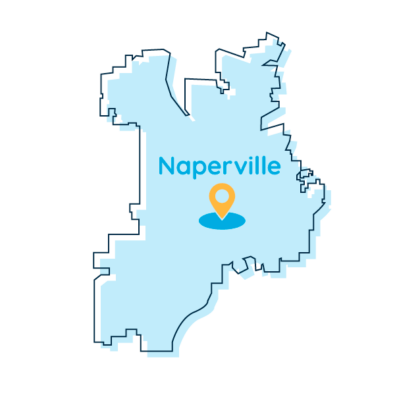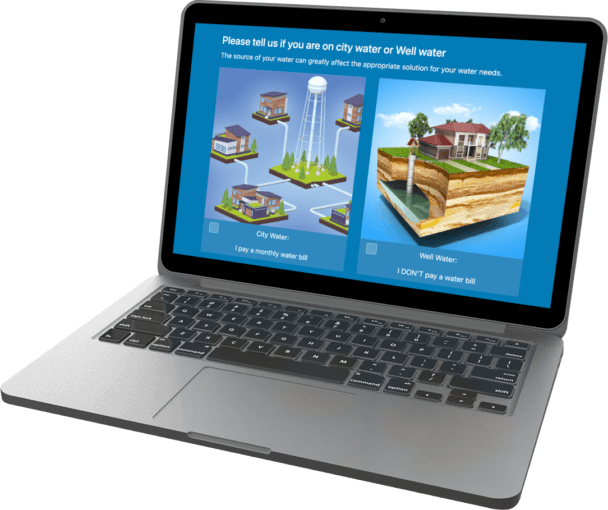Is Naperville water safe to drink? Not according to recent studies performed by the Environmental Protection Agency (EPA). The tests showed the presence of a number of potentially harmful contaminants in the region’s water. Plus, the water also contains hardness minerals that can cause problems around the home.
Do you live in Naperville and want to protect your home and health? Keep reading to learn:
- Where Naperville water comes from
- The possible pollutants in your water
- Steps you can take to keep these impurities out of your water
- How Angel Water can help you get the clean water you deserve


